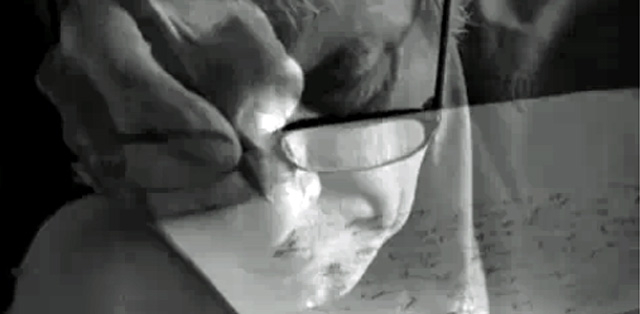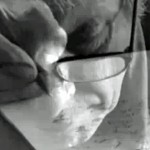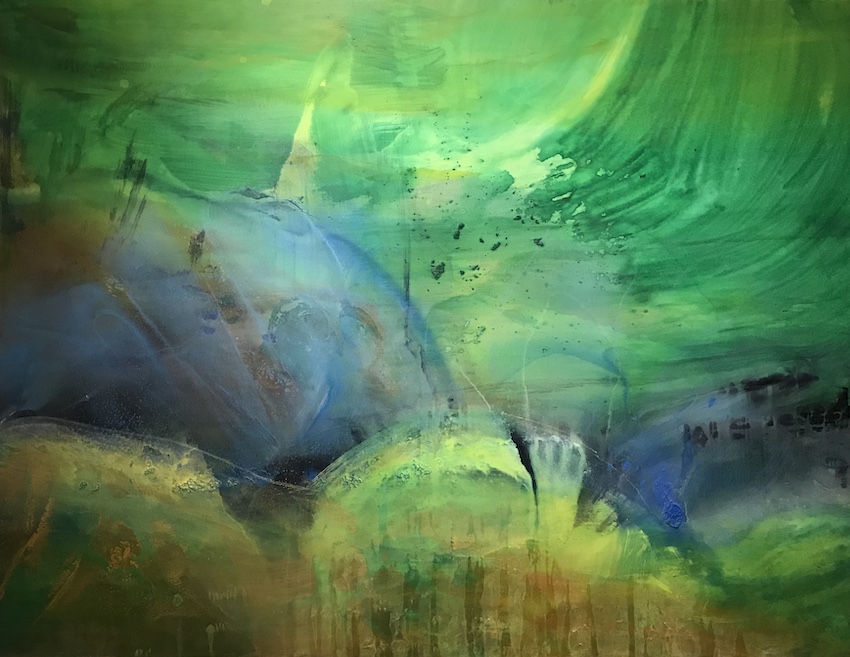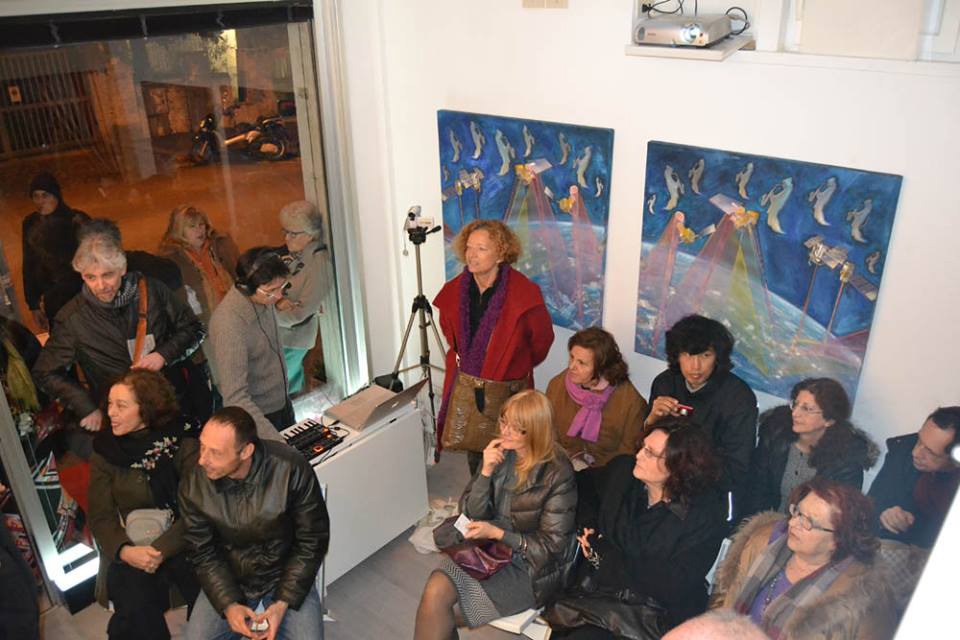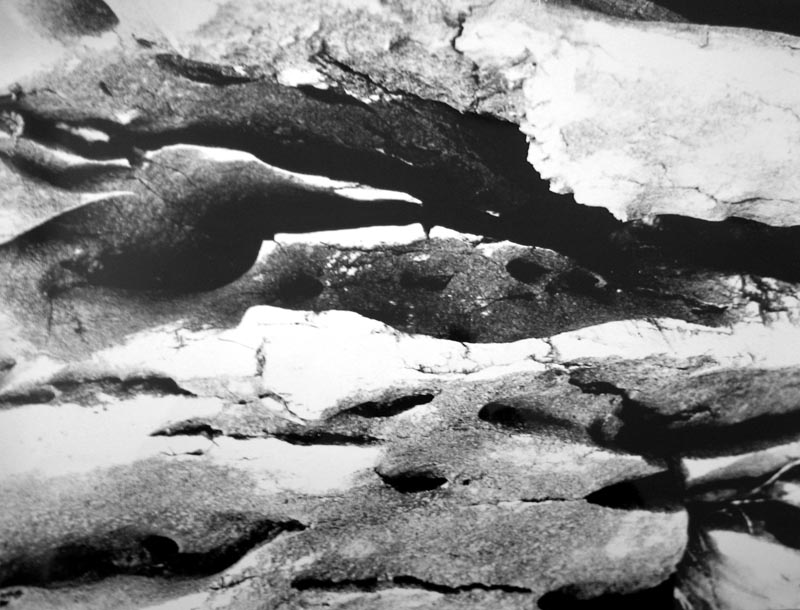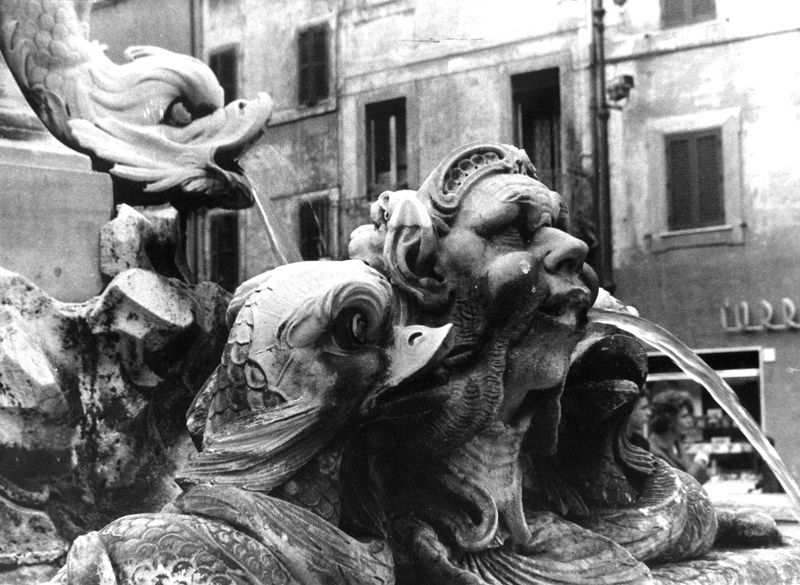Hervé Constant
Projections: studio.ra contemporanea
Via Bartolomeo Platina 1F – 00179 Roma
Venerdì, 15 Dicembre 2006 – dalle ore 19
‘The out there’ – cortometraggio di Hervé Constant (22 minuti)
con Michael Ewling – Musiche di Gyorgy Ligeti
https://youtu.be/eKN0bsRpPYQ
From a short story by Guy de Maupassant, December 8, 2006
by Herve Constant – with Michael Ewling
Music of Gyorgy Liget – Studio 29
Alla proiezione sarà presente l’artista.
Guy de Maupassant, Sinossi e breve biografia
Questo racconto agghiacciante della discesa di un uomo nella follia è stato pubblicato poco prima che l’autore entrasse in manicomio, così ‘The Horla’ (in italiano ‘Il Gorla’) inevitabilmente è stato considerato come ispirato dalla malattia mentale di Guy de Maupassant. Mentre tale interpretazione è discutibile, è invece chiaro che de Maupassant – considerato insieme a Chekhov il padre della novella breve – era all’apice della sua potenza creativa in questa innovativa precursione della fiction psicologica narrata in prima persona. Infatti, egli ha lavorato per anni “sui temi e sulla forma dell’ Horla”, in primo luogo disegnandola come “lettera di un pazzo” in seguito narrandola dal punto di vista del medico, prima della devastante versione finale in cui il protagonista terrorizzato parla di se stesso. Maupassant era affetto da sifilide dall’età di vent’anni. Questa malattia ha successivamente causato il suo crescente disturbo mentale – riconoscibile anche nelle sue storie da incubo, che hanno molto in comune con le visioni del soprannaturale di Edgar Allan Poe. I critici hanno seguito l’evoluzione della sua malattia attraverso le sue storie autobiografiche di psicologia anormale, ma il tema del suo disturbo mentale è presente anche nella sua prima raccolta, La Maison Tellier (1881), pubblicato quando la sua salute era al massimo.
Il 2 gennaio 1892, Maupassant tentò di suicidarsi tagliandosi la gola e fu ricoverato nella celebre clinica privata del Dott. Esprit Blanche a Passy (Parigi), dove si spense il 6 luglio 1893.
Intervista a Hervé Constant di Raffaella Losapio: art a part of cult(ure)
http://www.artapartofculture.net/2010/01/10/intervista-a-herve-constant/
Friday, 15 December 2006 – from 7 pm
Presents:
‘Building’ – by Hervé Constant (9’30”)
https://youtu.be/eKN0bsRpPYQ
with Michael Ewling – Music by Gyorgy Ligeti
Guy de Maupassant, Short Biography
This chilling tale of one man’s descent into madness was published shortly before the author was institutionalized for insanity, and so “The Horla” has inevitably been seen as informed by Guy de Maupassant’s mental illness.
While such speculation is murky, it is clear that de Maupassant – hailed alongside Chekhov as father of the short story – was at the peak of his powers in this innovative precursor of first-person psychological fiction.
Indeed, he worked for years on “The Horla’s” themes and form, first drafting it as “Letter from a Madman”, then telling it from a doctor’s point of view, before finally releasing the terrified protagonist to speak for himself in its devastating final version.
Maupassant had suffered from his 20s from syphilis.
The disease later caused increasing mental
disorder – also seen in his nightmarish stories, which have much in common with Edgar Allan Poe’s supernatural visions.
Critics have charted Maupassant’s developing illness through his semi-autobiographical stories of abnormal psychology, but the theme of mental disorder
is present even in his first collection,
La Maison Tellier (1881), published at the height of his health.
On January 2, in 1892, Maupassant tried to commit suicide by cutting his throat and was committed to the celebrated private asylum of Dr. Esprit Blanche at Passy, in Paris, where he died on July 6, 1893.
Interview with Hervé Constant | by Raffaella Losapio: art a part of cult(ure)
http://www.artapartofculture.net/2010/01/10/intervista-a-herve-constant/
